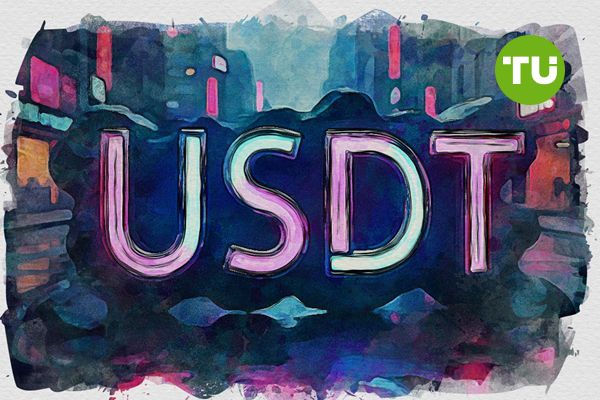Tether to fall under U.S. oversight despite offshore registration
 Tether set for U.S. oversight under new bill
Tether set for U.S. oversight under new bill
Tether Inc. may soon fall under U.S. regulatory oversight as Congress advances sweeping new legislation targeting the global stablecoin industry.
Tether, the world’s largest stablecoin issuer, is set to be subject to U.S. jurisdiction regardless of its British Virgin Islands registration, Сryptopolitan informs.
According to the latest version of the Genius Stablecoin Act, under review by U.S. lawmakers, all stablecoin issuers operating in U.S. markets would fall under federal financial regulation. The bill aims to close regulatory loopholes by asserting jurisdiction over foreign-registered firms if their tokens are used within the U.S.
The proposed legislation also introduces a novel regulatory framework by offering jurisdictional flexibility. While stablecoin issuers may register under federal law, individual U.S. states could impose their own protection rules. Additionally, the bill distinguishes stablecoins from securities and commodities, positioning them explicitly as payment instruments.
A pivotal shift in U.S. stablecoin oversight
The legislation’s introduction follows years of uncertainty regarding how stablecoins like Tether’s USDT fit into the regulatory landscape. With the Genius Act, Congress is asserting broader oversight and aims to ensure compliance, even from offshore entities. The bill includes a grace period and pathways for registration as federally recognized financial institutions—potentially opening the door for crypto-native issuers to obtain banking licenses.
Tether has historically faced legal challenges, including a settlement with the New York Attorney General in 2021. More recently, the company has indicated its readiness to comply with U.S. frameworks and has floated the idea of launching a U.S.-domiciled version of its stablecoin. The firm also holds significant amounts of U.S. Treasurys and reports quarterly profits from those holdings.
Global impact and future outlook
Tether’s influence in crypto is profound. It remains the largest provider of liquidity across both centralized and decentralized markets and has added $14B in new USDT in 2025 alone, with most minted on the TRON blockchain. While the new U.S. bill may eventually redefine how USDT is traded domestically, its international utility is unlikely to be hindered.
As the bill progresses through Congress, the stablecoin landscape could see one of its most transformative regulatory shifts yet.
We've informed you before сrypto market faces pressure as Senate stalls stablecoin bill.













































































































































